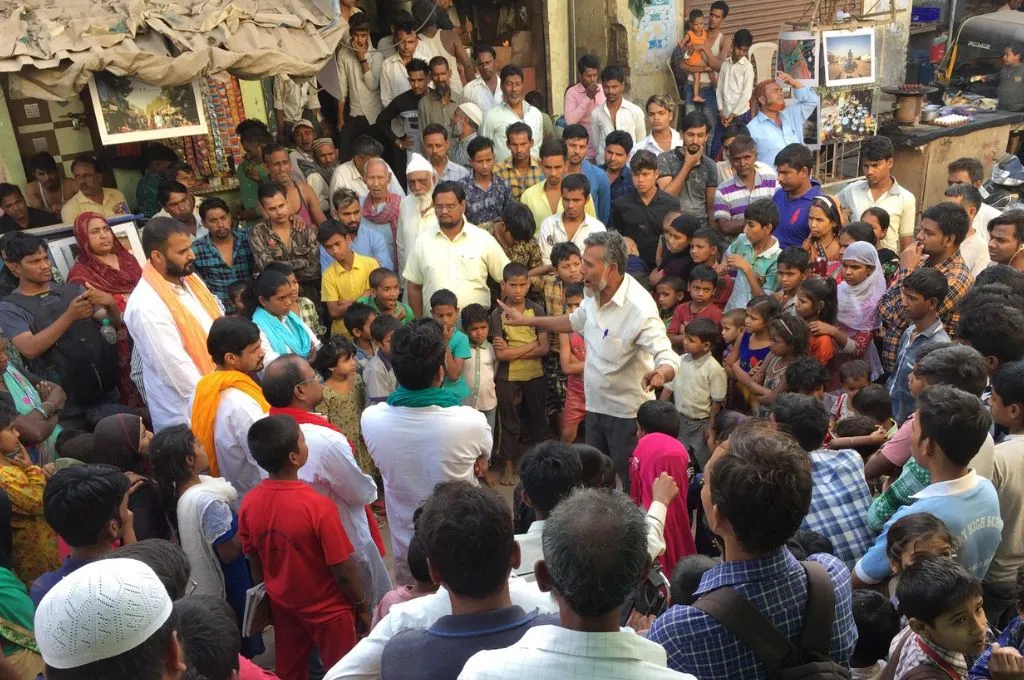The Criminal Tribes Act, introduced by the British in 1871, labelled several nomadic, semi-nomadic, and denotified (NT-DNT) communities in India as ‘habitual offenders’, forcing them to regularly report at police stations. Although the act was repealed in 1952, its stigma persists. For example, many police training manuals still identify certain communities as suspects in crimes by default. This historical prejudice continues to marginalise NT-DNT communities, depriving them of access to education, stable livelihoods, and government welfare programmes.
Many of these communities, such as the Kalbeliyas, Banjaras, Kalandars, and Gadiya Lohars, once played crucial roles in India’s social, economic, and cultural life through crafts, performances, and provision of essential services. Today, members of these communities are often found in precarious, informal jobs or forced into begging.
The Ghumantu Sajha Manch, a collective of denotified and nomadic tribes, is working to collectivise these scattered communities, advocating for recognition, reservations, welfare programmes, and political representation. Their demands include establishing a distinct Denotified and Nomadic Tribes (NT-DNT) category; creating employment schemes rooted in their traditional skills; and simplifying access to essential government services such as housing, education, and social security.
Gyan Singh, Moin Kalandar, Madan, Wahid, and other members of the Ghumantu Sajha Manch contributed to this video.
—
Know more
- Read this study on the NT-DNT communities of Rajasthan, Madhya Pradesh, and Gujarat.
- Watch this video about the syncretic songs of the Langa and Manganiyar community.
- Read this article about how NT-DNT youth are systemically excluded from accessing education.





